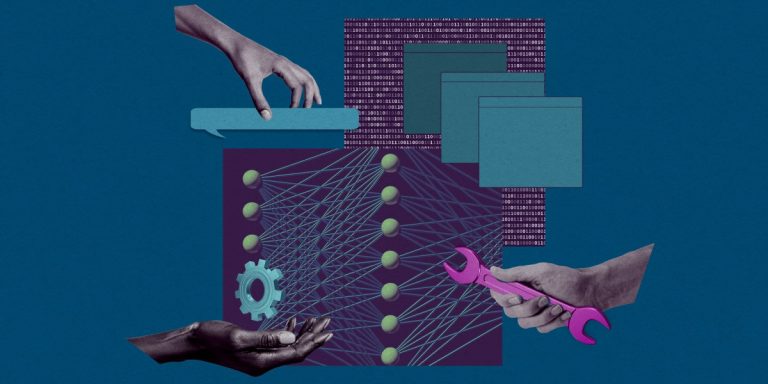The group says open-source AI systems can be used for any purpose without permission, and researchers should be able to inspect their components and study how the systems work.
It should also be possible to modify the system for any purpose, including changing the output, and to share it with others for use for any purpose, with or without modifications. Additionally, the standard seeks to define a level of transparency for the training data, source code, and weights of a given model.
The lack of open source standards has been a problem until now. While OpenAI and Anthropic's decisions to keep their models, datasets, and algorithms secret make their AI closed source, some experts argue that Meta and Google's freely accessible models, which anyone can inspect and adapt, aren't truly open source because of licenses that limit what users can do with the models and because the training datasets aren't publicly available. Meta, Google, and OpenAI were contacted for response on the new definition but did not respond before publication.
“Companies have been known to misuse the term when promoting their models,” says Abhijit Ghosh, an applied policy researcher at Hugging Face, a platform for building and sharing AI models. Describing a model as open source can make it perceived as more trustworthy, even when researchers cannot independently investigate whether it is in fact open source.

